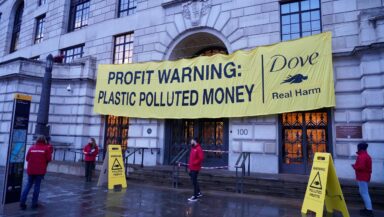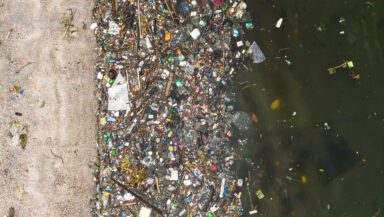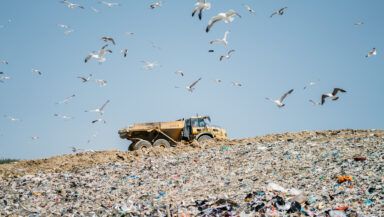This was one of the findings of a new scientific study released by Greenpeace which reveals that every one of the 13 UK rivers tested were contaminated with microplastics.
Greenpeace is urging the UK government to set legally-binding plastic reduction targets in the upcoming Environment Bill and to create an independent environmental watchdog with proper powers to enforce those targets.
In the first nationwide exercise of its kind, experts found:
- All 13 UK rivers tested contained microplastics.
- A total of 1,271 pieces of plastic, ranging in size from straw and bottle-top fragments to tiny microbeads less than 1mm across.
- The River Mersey was proportionally more polluted than the Great Pacific Garbage Patch – containing equivalent to 2 million pieces of microplastic per square km.
- Five out of 13 rivers contained microbeads – which were partially banned in 2017.
- More than half the rivers tested contained plastic pellets called ‘nurdles’, which are used as a raw material in the production of plastic products.
Click download to read the full report.



